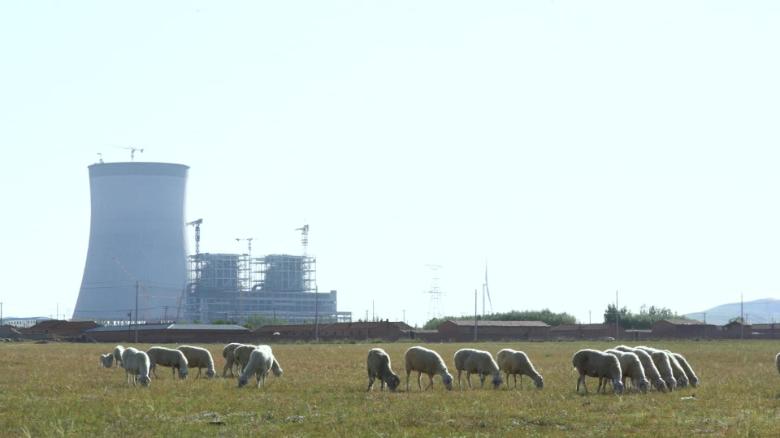China can go carbon neutral by 2050 while still growing its economy: report

The country could triple its economic output per person by 2050 while still reducing its carbon footprint, the Energy Transitions Commission said in the report, published on Friday in partnership with the Rocky Mountain Institute. “Given China’s central role in the global economy, its vast renewable energy resources, and its technological leadership in key industries, China is uniquely positioned to lead the global energy transition and to decarbonize its economy completely by 2050,” said Adair Turner, chair of the commission. Turner is the former chairman of the UK Financial Services Authority and UK Climate Committee. The commission is made up of energy producers and consumers, tech experts, finance specialists and NGOs.China is one of the world’s biggest polluters and a key signatory of the 2015 Paris Agreement, a pledge by 187 countries to reduce their carbon emissions. And its role has become even more important after the United States began its formal withdrawal from the agreement earlier this month.”For the world to deliver the Paris Climate objectives, it is vital that China has a strategy to achieve net-zero emissions by mid-century,” Turner said. Reducing net carbon emissions to zero by 2050 could actually make the world’s second biggest economy stronger.”Far from constraining China’s ability to meet its objective of being ‘a fully developed rich economy’ by 2050, committing to achieve zero emissions by 2050 will spur investment and innovation that could accelerate progress,” Turner added.The report recommends that China focus on eliminating carbon from heavy industries like steel, cement and chemicals by using recycled materials. Other measures include total electrification of road and rail services, and using biofuels for long-distance international aviation and shipping. To achieve the net-zero target, China would need to more than double its overall electricity production, the report said. It would also need to double its annual rate of investment in solar energy and increase its investment in wind energy by three or four times.China has already undertaken steps to curb its emissions, dramatically reducing the price of solar power in many parts of the country. In 2017, it announced plans to launch a nationwide carbon market to trade credits for the right to emit carbon dioxide.The commission also calls on China to set clear targets and carry out forceful public policies to achieve the zero-carbon target. “For the whole world and for China itself, it is… vital that China has a strategy to achieve net zero emissions,” Turner said.





